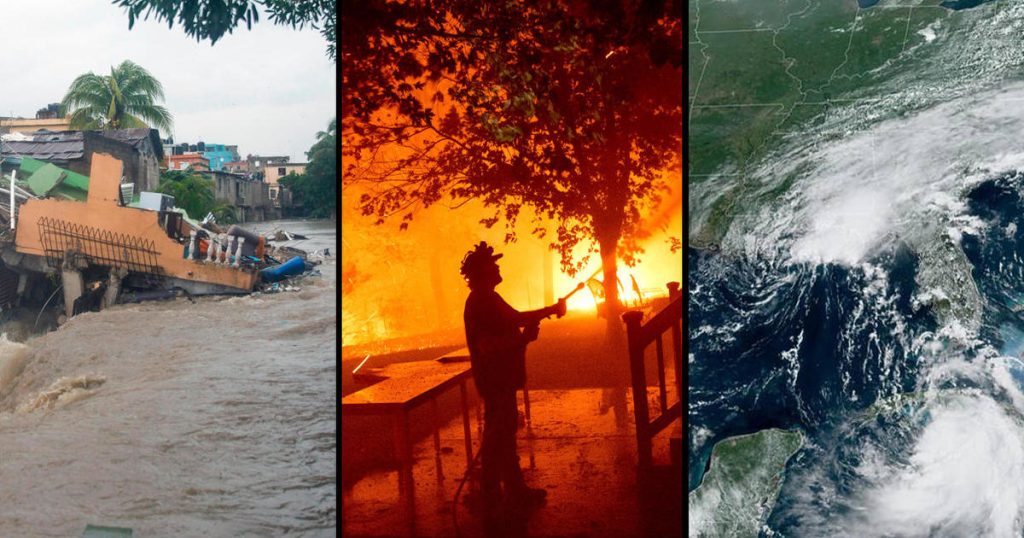A recent poll conducted by the Yale Program on Climate Change Communication found that about two-thirds of Americans are worried about climate change. The majority of Americans support funding research into renewable energy and regulating carbon emissions. Over 60% of those surveyed believe Congress should take more action to address climate change. Even in a county like Jack County, Texas, where 90% of the vote went to Donald Trump in 2020, 58% of residents support regulating carbon emissions, showing that concern for climate change crosses party lines. However, climate change remains a divisive issue within Congress and on the campaign trail.
The Inflation Reduction Act of 2022, dubbed as “the most significant climate action in U.S. history” by the White House, allocated nearly $400 billion for climate solutions. The act passed in Congress solely along party lines, with no Republicans in favor of it. Data from the League of Conservation Voters shows that in 2023, Democrats largely voted for pro-environmental legislation over 90% of the time, while Republicans voted for such legislation less than 5% of the time. This partisan divide highlights the challenges in passing climate-related legislation in Congress.
According to Tony Leiserowitz, the director of the Yale Program on Climate Change Communication, government officials often underestimate the level of support for climate action from their own constituents. This highlights the disconnect between public opinion on climate change and the actions taken by elected officials. The Climate Opinion Maps created by the Yale program provide a way for individuals to compare their beliefs about climate change with others in their area and the nation. This tool can help raise awareness and encourage more informed discussions on climate change.
The poll results show a wide consensus among Americans in favor of taking action on climate change. A significant majority support funding research into renewable energy and regulating carbon emissions, indicating a strong public appetite for climate solutions. Despite this widespread support, the issue of climate change remains highly polarized, with significant differences in attitudes towards environmental legislation between Democrats and Republicans. Bridging this partisan divide is crucial for making meaningful progress on addressing climate change at the national level.
The Inflation Reduction Act of 2022 represents a significant step towards addressing climate change in the United States, providing substantial funding for climate solutions. However, the act’s passage along party lines underscores the challenges in passing bipartisan climate legislation. Efforts to build consensus and collaboration across party lines will be essential in overcoming these challenges and advancing climate action in Congress. Public engagement and education, as facilitated by tools like the Climate Opinion Maps, can help foster a better understanding of climate change issues and promote greater support for climate action among elected officials.
Moving forward, it will be important for policymakers to heed the voice of the public and take action on climate change in line with the views of their constituents. Addressing climate change requires collective efforts and bipartisan cooperation to overcome existing challenges and achieve meaningful progress. By aligning policy decisions with public opinion and working towards common goals, Congress can play a vital role in tackling climate change and safeguarding the environment for future generations.


